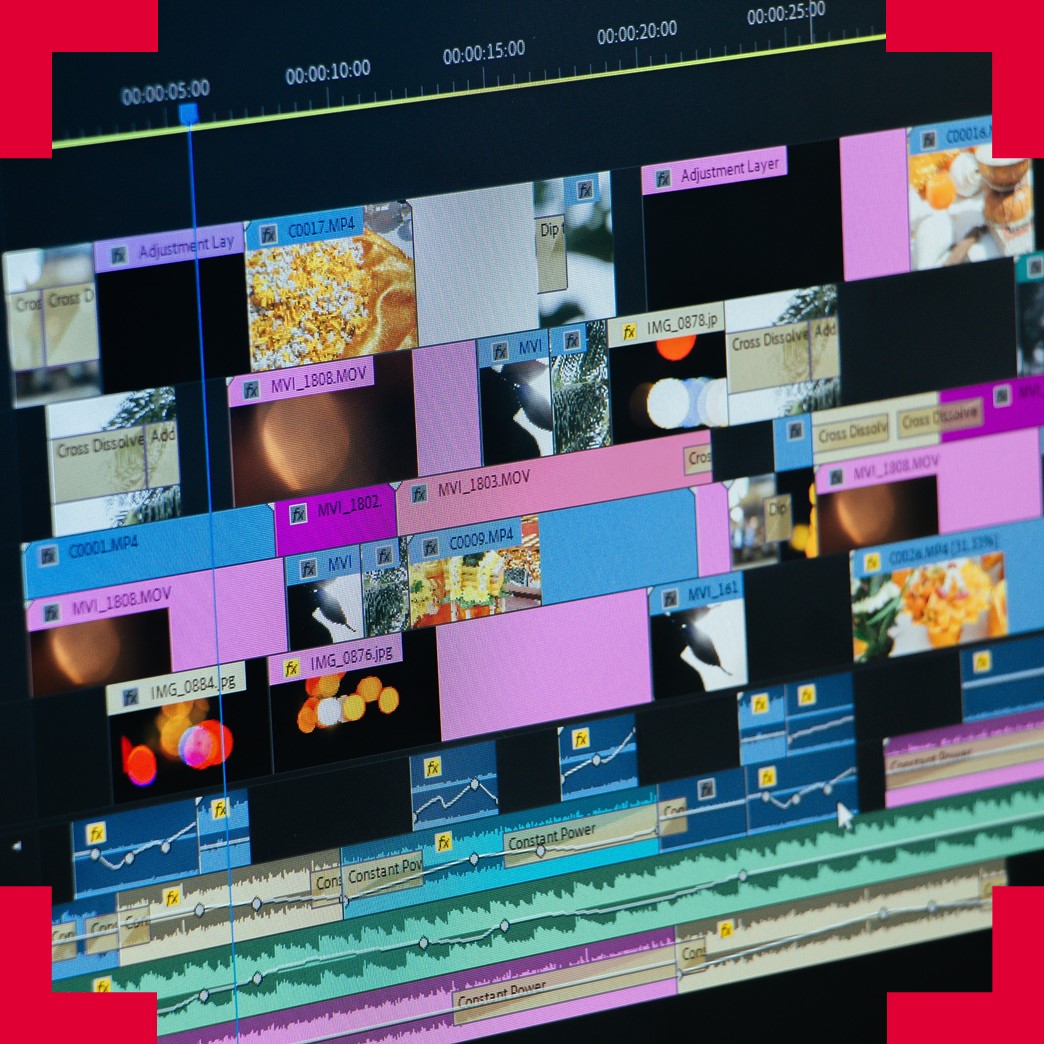The Bristol-led Digital Filmmaking Research Network: 1st Annual Meeting
Filmmaking research underwent significant methodological restrictions during Covid-19 due to travel bans and lockdowns. The Digital Filmmaking Research Network emerged, an online space where global film makers, researchers and participants sought to collaborate on experimental methodologies. This network is looking to explore "What happens next?".

What did the project involve?
As a result of the Covid pandemic, a substantial amount of research activity has shifted online. This includes filmmaking research which underwent significant methodological alterations as movement restrictions made it impossible to travel for filming.
To adjust to these challenges a group of researchers and filmmakers and community participants worked together to design and implement a digital filmmaking research methodology allowing them to collaboratively produce an experimental ethnographic film entirely online. They adopted and adapted collaborative methods such as the surrealist cadavre exquis approach and formats like the omnibus (where a large artwork is composed out of smaller self-contained fragments) to co create a film.
From this project the Digital Filmmaking Research Network has emerged. The network participates in research projects exploring important contemporary social issues such as women vulnerability in the Mexico-USA borderland and reproductive (in)justice. The digital research methods employed by the network seek to facilitate cross-cultural and transdisciplinary collaboration with communities and participants’ whose voice have been neglected.
Who are the team and what do they bring?
- Miguel Gaggiotti (Film and Television, University of Bristol)
- The emerging Digital Film making Research Network a Bristol led network of filmmakers, artists and researchers utilising digital spaces and tools to co-create innovative audio-visual artworks for researching contemporary social issues.
What were the results?
This project curated the Bristol-led Digital Filmmaking Research Network’s first annual meeting, which took the form of an online reverse-conference. This was a research event in which participants collaborate on production during the event. Members of the network:
- formally established the network’s structure, research focus and collaborative principles to be used during the upcoming years;
- co-created a research narrative that informs future funding bids led by the network;
- brainstormed, designed and tested new filmmaking research methods the network might want to develop and implement in future research projects.

